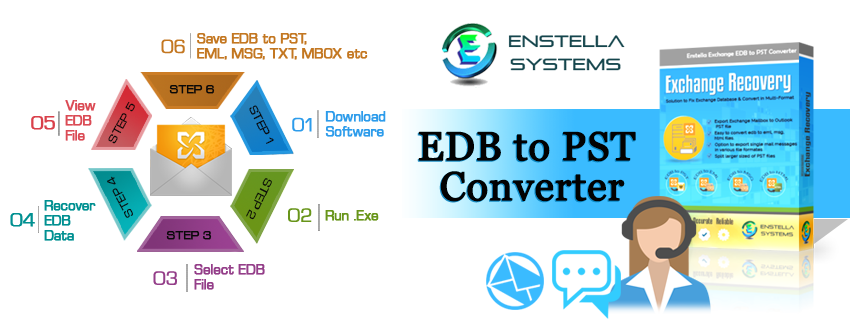By being conscious of traveling stress and taking actions to minimize their effect, you can make certain your horse arrives in great shape after transportation.
Keep your horse hydrated: Horses will probably become dehydrated during horse transport business nsw. Dehydration could be moderated by providing water occasionally during transportation. Supplying an electrolyte will help in the rehydration procedure and provide your horse the energy that he wants to conclude the journey.
Avoid Fatigue: Anxiety and muscular fatigue related to transportation are very similar to those leading to exercise. If traveling time is over 12 hours, then try to plan instant stops. It’s implied that performance or competition not be worked less than 48 hours following a lengthy trip, to enable the horse’s blood glucose hormones and levels to return to usual.
Provide decent venting: Pathogens from dehydrated Compounds may overwhelm a respiratory system diminished by trailer pressure. The trailer needs to be cleaned out before each trip. If available, open windows to permit airflow, this may also help keep your horse at a comfortable temperature.
Permit Free Access to Hay: Hay is a terrific pacifier for traveling horses also helps maintain water in their stomach. Nonetheless, in a few types of horse trailers, dust from hay could blow right into a horse’s respiratory tract. Wetting the hay will help control dust. Avoid consuming grain, since the stress may impact gut function and result in colic or laminitis.
Supplement with Probiotics: Anxiety from traveling may upset the balance of bacteria on your horse’s gastrointestinal tract. It’s frequently suggested to nourish a probiotic nutritional supplement during times of moving to help keep the population of good bacteria in the intestine.
Teach Yourself About Loading: Loading is the most stressful part of the trailering experience for horses. Ensure you are familiar with the process. Even when you aren’t going anyplace, load your horse many times annually and move on a brief drive for a refresher.
Tied Long for Long Distance Travel: Horses that may lower their head beneath the point of the shoulder are not as likely to suffer respiratory strain. This way they can benefit from carrying their heads apparently and allowing mucus to drain. It’s necessary to bear in mind that some trailer layouts don’t permit horses to reduce their heads, and a few horses have a propensity to fight with their neighbors. Just allow horses to reduce their heads if at all possible. Also, read about Horseback riding.
Carry Emergency Supplies: Take an emergency first aid kit while on southern cross horse transport, and keep it on your horse trailer. Learn how to bandage wounds in a variety of areas, control blood flow, and learn how to recognize the signs of dehydration and colic.









